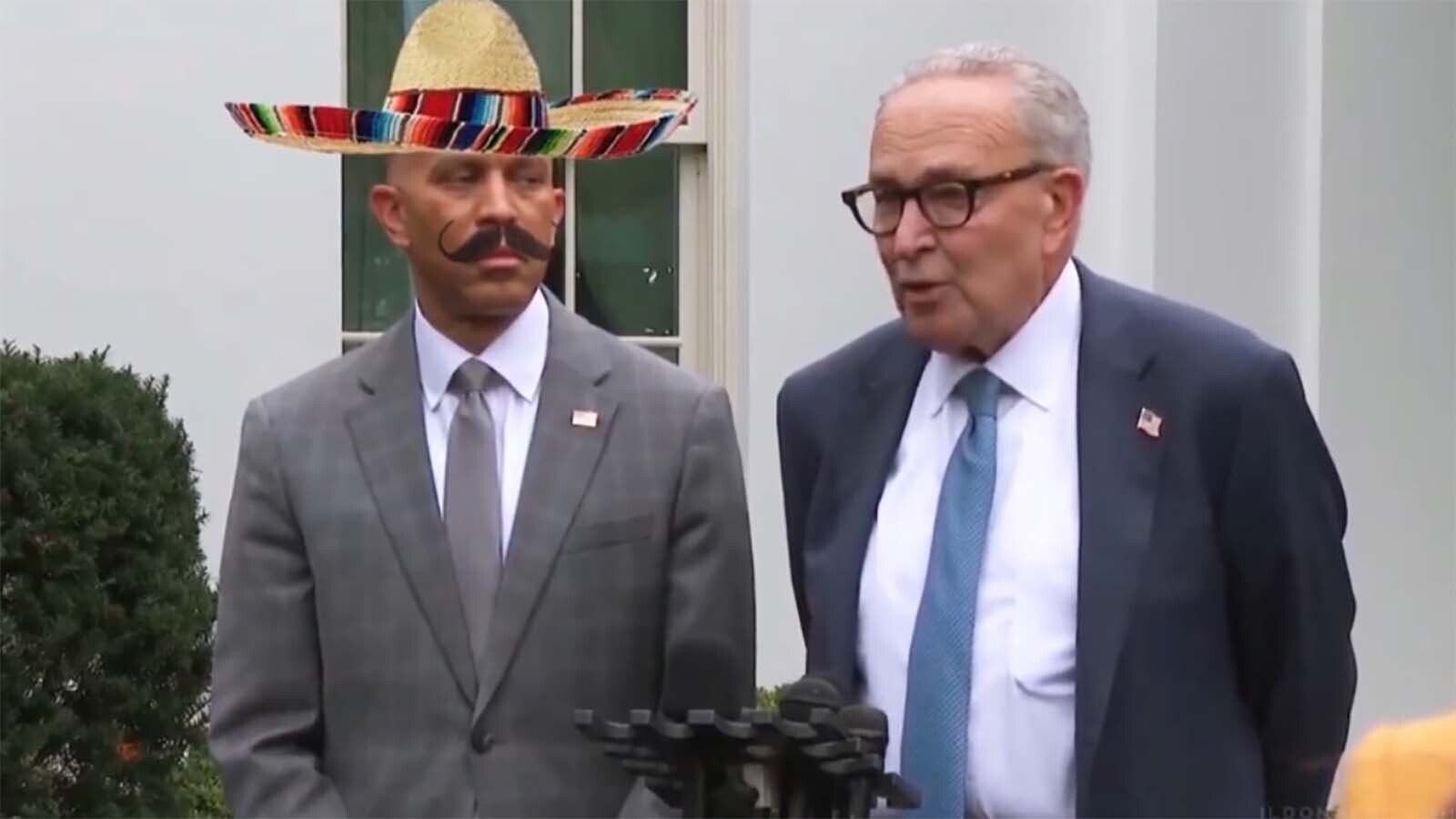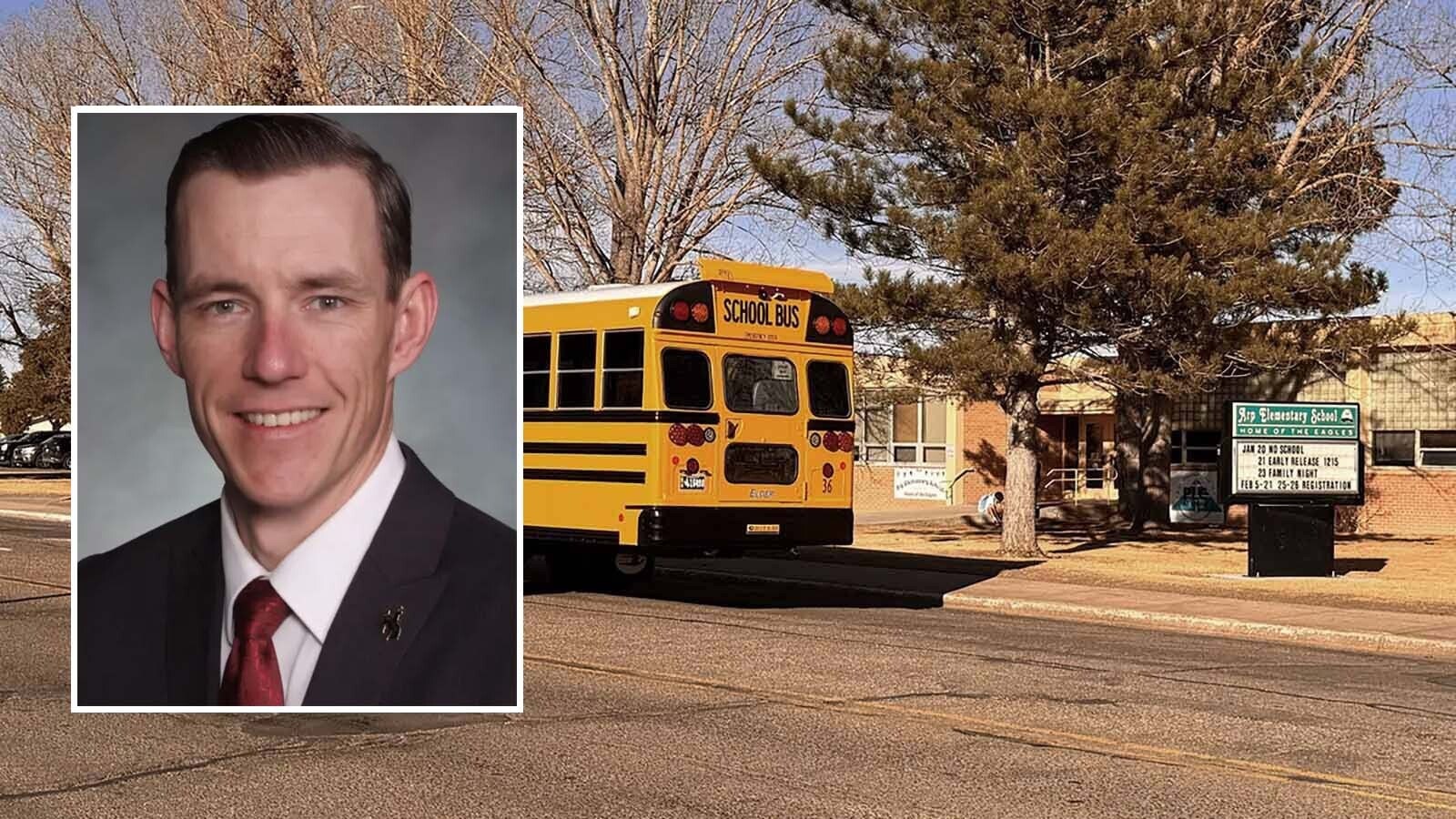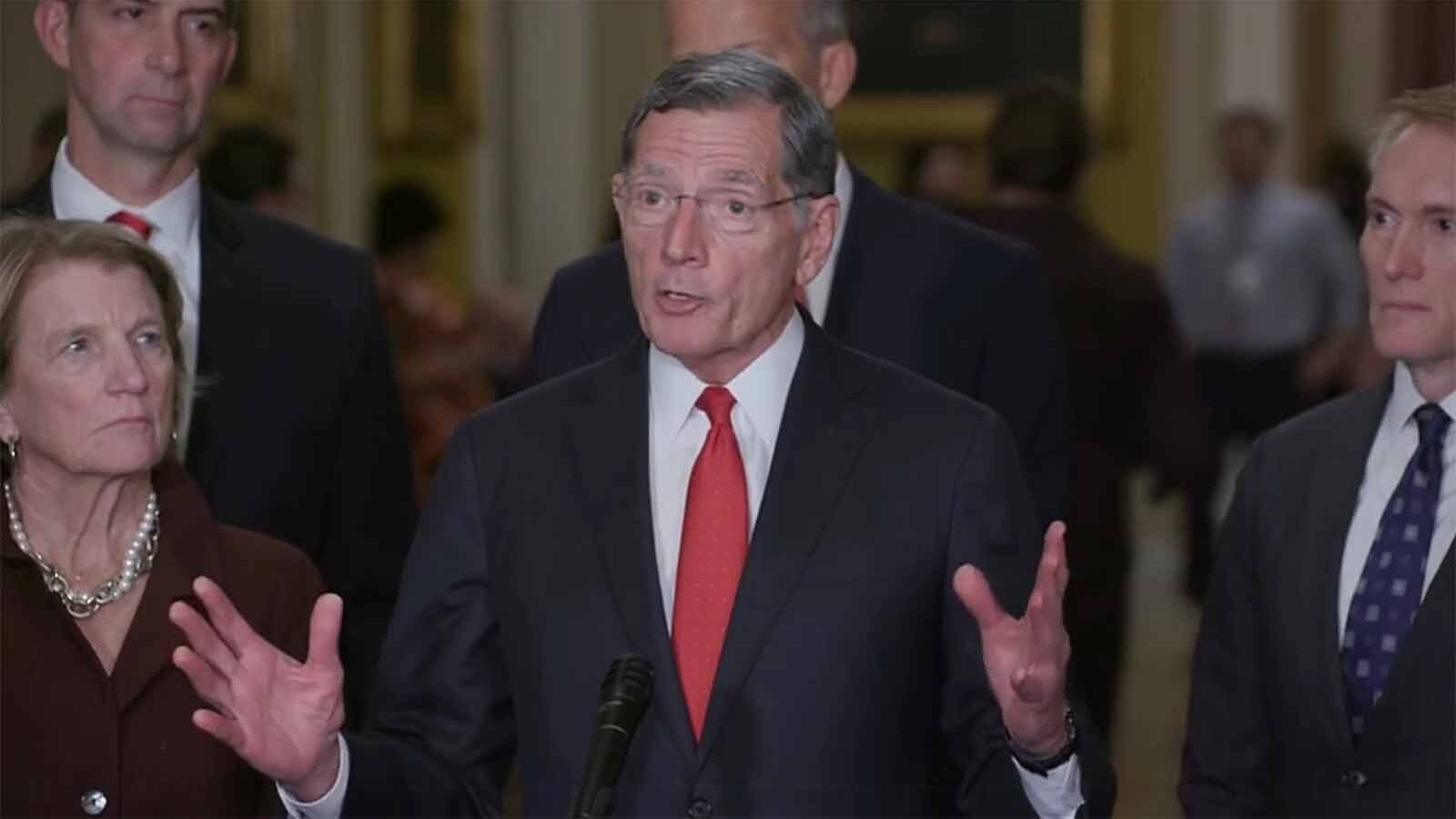WASHINGTON, D.C. — Top U.S. Senate Republicans, including John Barrasso of Wyoming, experienced mixed results Thursday in their bid to confirm President Donald Trump’s nominees at a faster clip as Democrats continued an unprecedented stalling of the process.
Democrats blocked a vote on a compromise plan to change the rules, leaving the parties at loggerheads over the speed of the confirmation process in general.
But the Senate GOP, led by Leader John Thune of South Dakota, used an extraordinary tactic to pass a resolution advancing 48 particular nominees.
Called the “nuclear option,” it changes Senate rules on a party-line vote, allowing nominees to be considered and approved in groups.
It strips Democrats’ ability to filibuster every nomination with two hours of testimony each.
State Of Play
Democrat U.S. Sen. Brian Schatz of Hawaii and U.S. Sen. James Lankford, R-Oklahoma, said on the floor Thursday they had discussed a compromise plan before the GOP went “nuclear.”
It would have allowed nominees to be confirmed as groups — 15 at a time — under single, simple-majority votes as long as all of them had the usual committee approvals and met other routine criteria.
Schatz and Lankford agreed there was a strong bipartisan consensus for the idea, but Democrats refused to allow unanimous consent for the plan to go to the floor.
“We’re stuck,” Lankford said.
Thune sounded visibly upset, but his resolution to confirm 48 nominees was ultimately successful.
It took a bit of gymnastics, though.
By precedent, the resolution needed 60 votes to advance, and Republicans hold just 53 seats. The resolution appeared to fail, getting more than a simple majority of votes, but fewer than 60.
The presiding chair, U.S. Sen. John Husted, R-Ohio, said the resolution failed for not reaching the 60-vote threshold.
Thune then made a motion to challenge Husted’s ruling. A majority of Republicans voted against Husted’s decision, thereby allowing the resolution to advance 48 nominees and setting a precedent.
A final vote is set for next week.
How We Got Here
High-profile Trump nominees such as Cabinet secretaries were confirmed months ago, but more than 1,000 presidential appointments requiring confirmation in the GOP-led Senate are still unfilled.
Typically, the minority party allows obscure, noncontroversial nominees to be approved in large batches, known as “en banc.” This usually happens through unanimous consent or a voice vote, both of which are quick procedures.
But this Congress, Senate Democrats have not allowed a single nominee of this nature to be confirmed by such expedited measures. Instead, Democrats have insisted on two hours of debate for each nominee, followed by separate, time-consuming roll call votes on each one.
Democrats cannot actually defeat any of Trump’s picks, and they have used almost none of the debate time to discuss these nominees. But their tactics have slowed Senate business — including legislation — to a crawl.
"Senate Democrats have shamefully blocked President Trump's qualified nominees at an unprecedented rate this year, preventing critical Senate-confirmed personnel from effectively running federal agencies and hampering our ability to conduct other essential business for the American people,” U.S. Sen. Cynthia Lummis, R-Wyoming, told Cowboy State Daily on Thursday.
‘Reign Of Procedural Terror’
On the floor, Barrasso, the Senate’s second-ranking Republican, and fellow GOP members have been engaged in a war of words with Senate Democrats over the confirmation process since Congress returned from summer recess Sept. 3.
“Senate Republicans are prepared to restore the Senate to the way it’s supposed to work,” Barrasso said Thursday on the floor ahead of voting.
Barrasso said Senate Democratic Leader Chuck Schumer of New York has engaged in a "reign of procedural terror.” Barrasso referred to the Senate filibuster, the name for Democrats’ slow-walking tactic.
“Senate Democrats would filibuster the White House janitor if they had the opportunity,” Barrasso said.
Democrats’ Version
Schumer and other Democrats, including Schatz, have argued in recent days that the Republicans are actually the ones breaking precedent by insisting on a fast-track process while offering Democrats nothing in return.
Senate Republicans "don’t want to cut deals with Democrats anymore,” Schatz said Wednesday, blaming Trump's influence.
Schumer and Schatz also said that the two parties had reached a tentative deal before the August recess. But, they said, Trump blew up the plan in a phone call to top members of both parties.
“At the end of the last work period, Democrats were working in good faith with Republicans on a nomination package to move through this chamber,” Schumer said Monday. “Senator Thune was very involved. He seemed very willing to come up with an agreement.
“And then at the last minute, of course, Donald Trump said, literally, to me: ‘Go to hell.’”
Schatz referred to this episode as well, saying that Democrats — in the pre-recess talks — were asking for certain funding that Republicans have held back in return for allowing the nominees to move quickly.
Barrasso, asked by Cowboy State Daily about that, said through a spokeswoman Thursday: “Minority Leader Chuck Schumer tried holding for ransom the confirmation of dozens of bipartisan nominees by demanding in exchange billions of dollars for unrelated spending.
“The president rightly rejected his ploy. This political theater wastes time and weakens the country,” he added.
Sean Barry can be reached at sean@cowboystatedaily.com.





